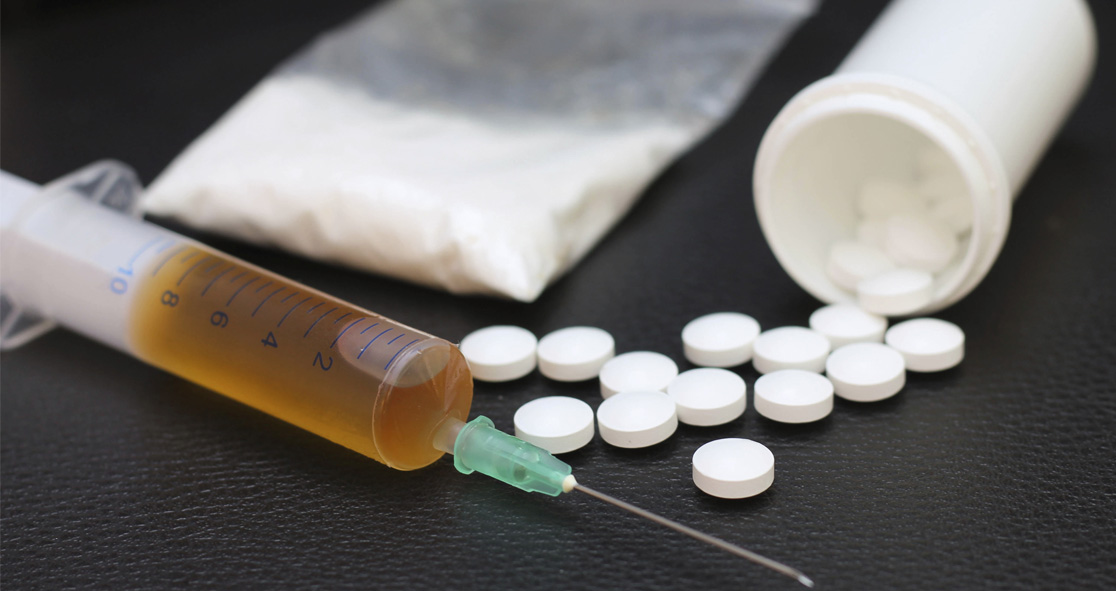The U.S. Centers for Disease Control and Prevention (CDC) reported the highest number of drug overdose deaths between May 2019 and May 2020.
The agency said 81,230 Americans died of drug overdoses in that period.
There was a drop in 2018, but overdoses began increasing again in 2019, before the COVID-19 pandemic hit the world, according to the CDC.
Early data showed that a surge in drug deaths has accelerated during the pandemic, with more deaths reported place between March and May, when the lockdown was declared.
The surge in overdoses is largely driven by opioids like fentanyl, which is significantly more powerful than heroin, according to the CDC.
CDC officials have urged local and state health departments to expand the use of naloxone (Narcan), a drug that blocks the effects of opioids, making treatment more readily available and tracking overdose outbreaks more effectively.
Advocates have expressed concerns over the need to keep people addiction-free during the pandemic because people with opioid addiction are particularly vulnerable to COVID infection.
Last year, in a Philadelphia Inquirer article about the rising overdose deaths across the country, Prof. Leo Beletsky of Northeastern University said, “Lockdown measures must be designed with people who use drugs in mind, making sure they can access overdose-reversal drugs, treatment, and economic and social support so they can safely stay home.”
He also said that many response measures are “lacking” in that respect.
CDC Director Dr. Robert Redfield told MedPage Today that the “disruption to daily life” during the pandemic has “hit those with substance use disorder hard.”
“As we continue the fight to end this pandemic, it’s important to not lose sight of different groups being affected in other ways,” he added. “We need to take care of people suffering from unintended consequences.” The article originally appeared on Medical Xpress.























